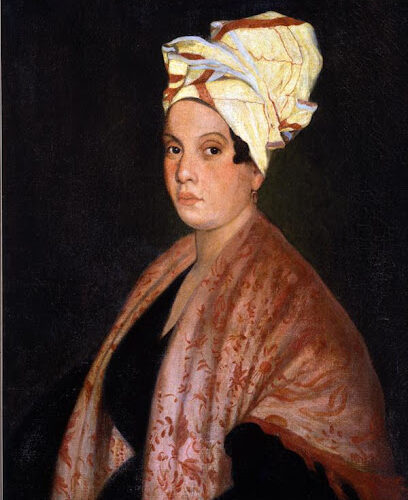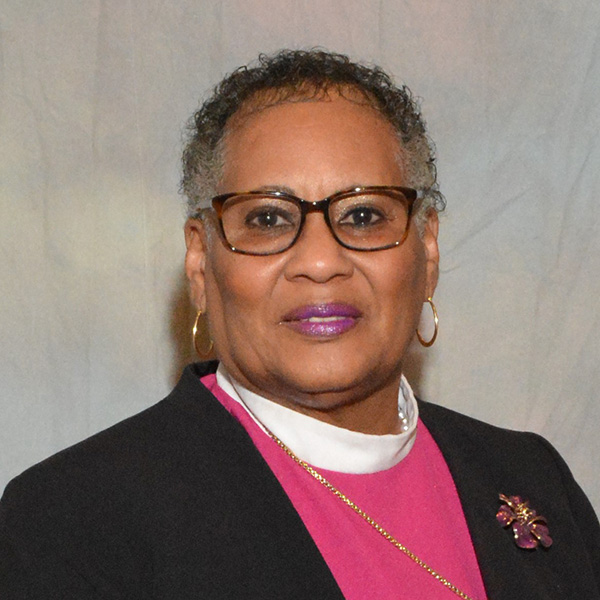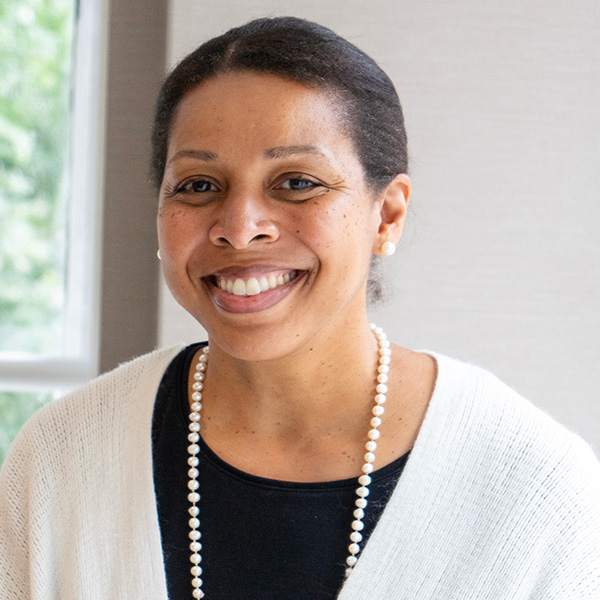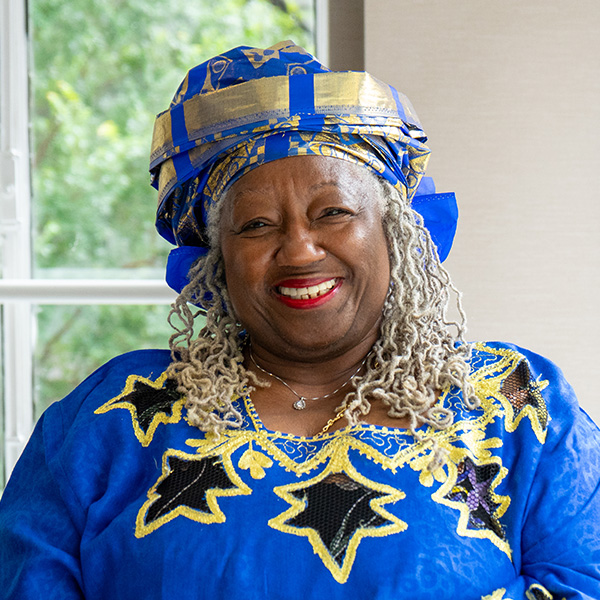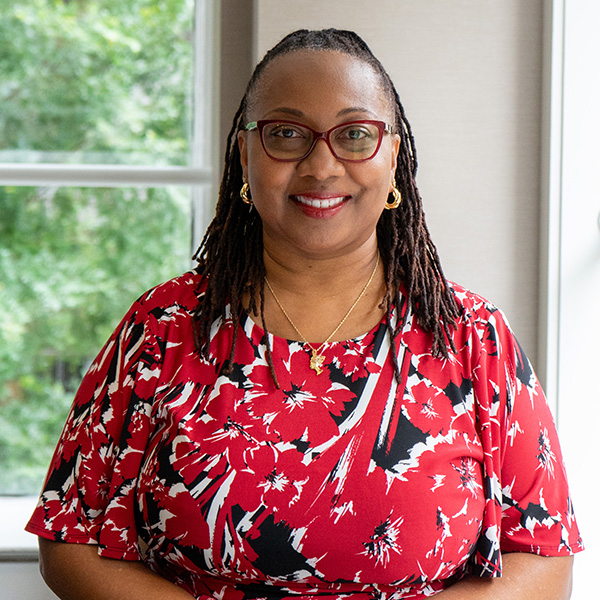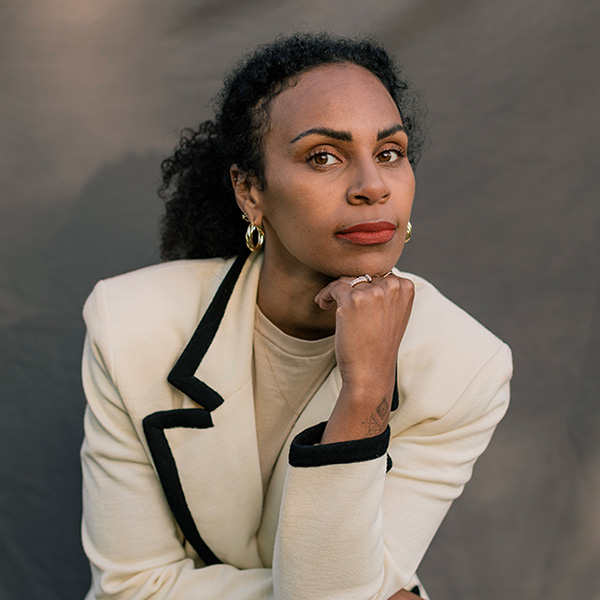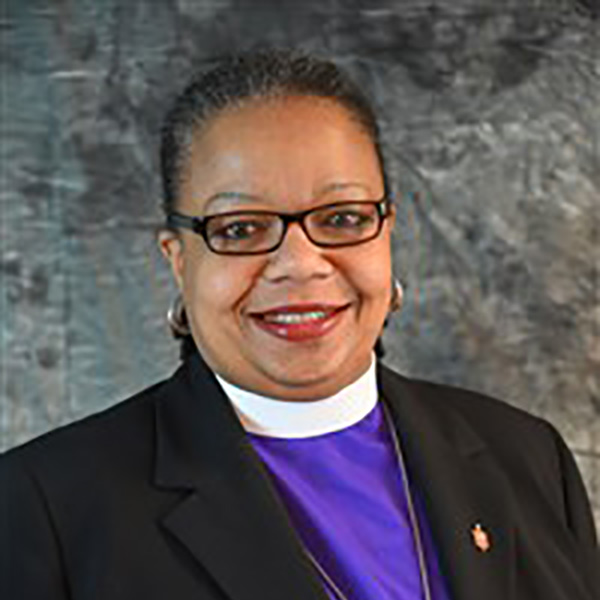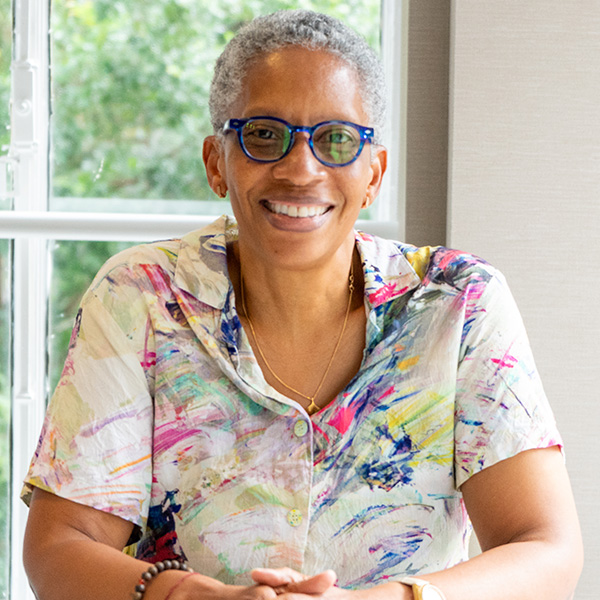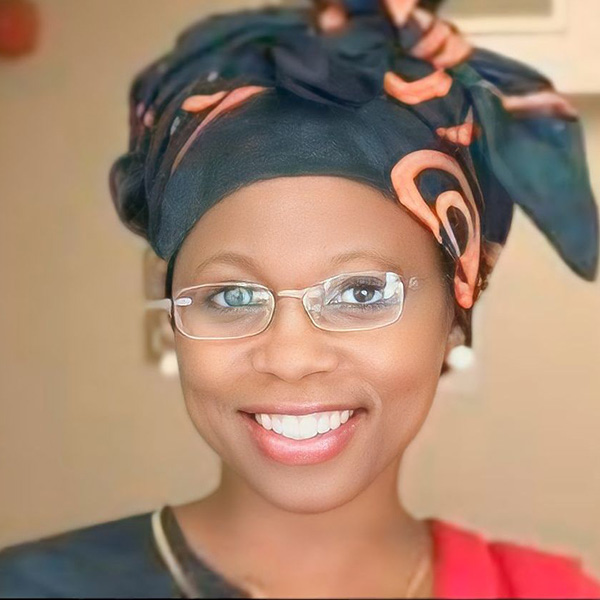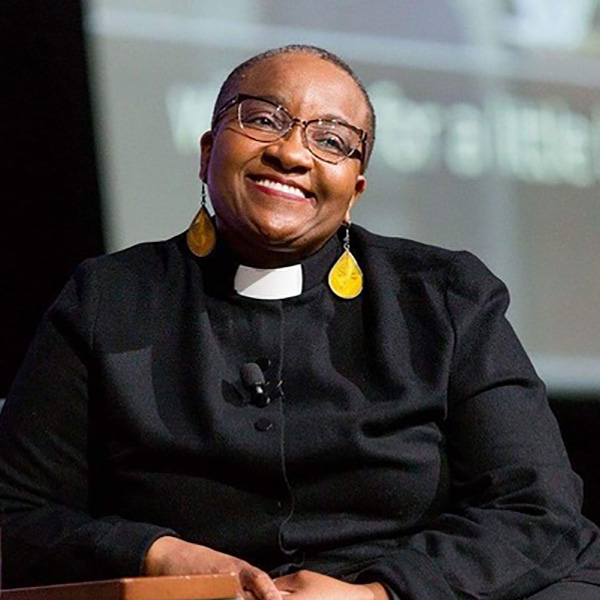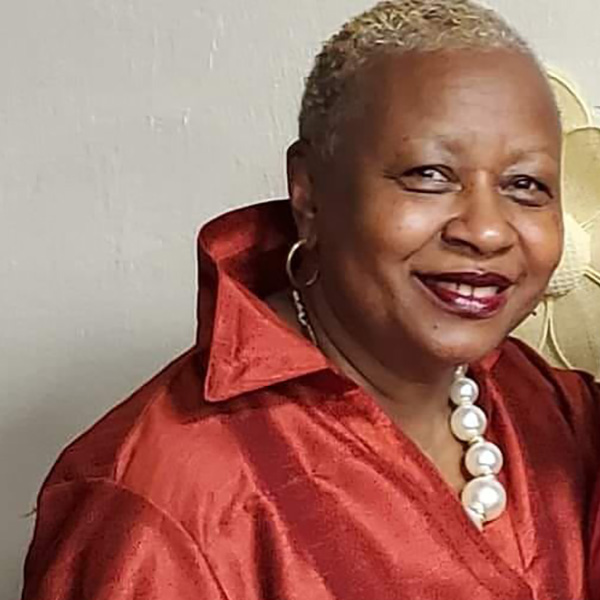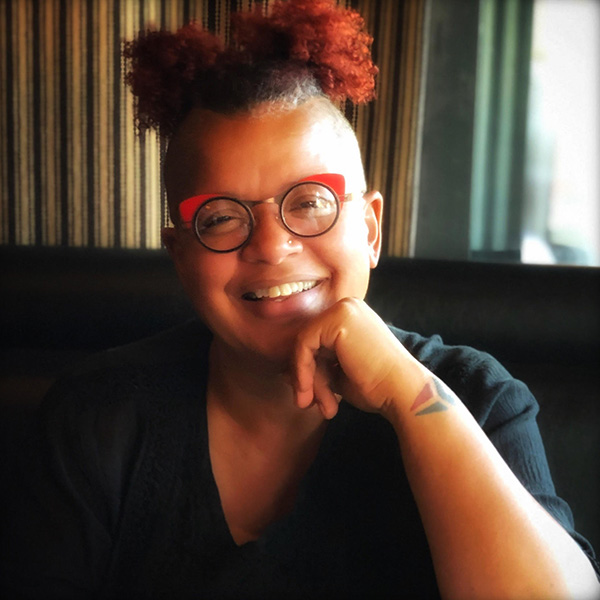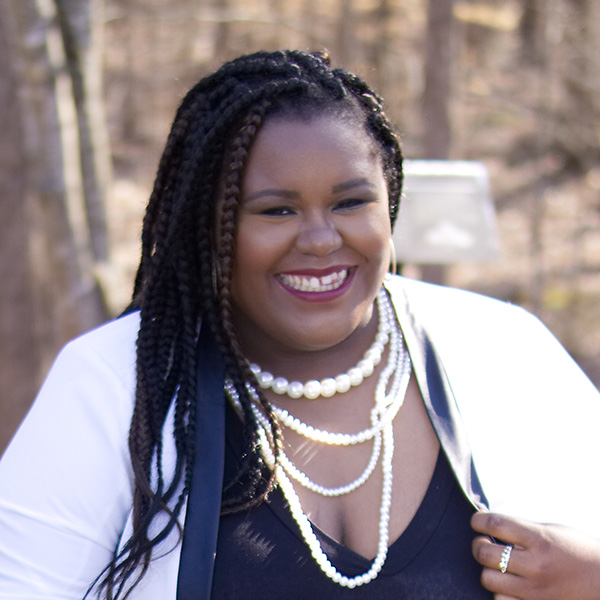Biography
Early Life
Marie Laveau’s life is a subject that remains veiled in mystery and misconceptions.
In contrast to the widespread notion of her as the “Voodoo Queen of New Orleans,” Marie Laveau’s contributions extend far beyond a singular title.
As a hairdresser, activist, philanthropist, and community leader in New Orleans, Laveau provided crucial financial support to a variety of charitable and religious organizations.
On September 10, 1801, Marie Laveau (named after her grandmother) was born in New Orleans to Marguerite D’Arcantel and Charles Laveau as a free woman of color.
Although her father has occasionally been described as an affluent white planter, records indicate that he was a free person of color.
Spiritual Practices and Catholic Devotion
At just six days of age, Marie was baptized as a Roman Catholic. Even though she later became involved in Voodoo practices, she remained a devout Catholic. She was never hindered by her inability to read or write.
Outside of being a Voodoo practitioner, Laveau was an activist and leader of the African American community in New Orleans.
She maintained a diverse professional life. In her role as a hairdresser, she served the city’s white elite and leveraged her occupation to amass influence and connections.
Beyond her hairdressing career, Marie raised ten children who were not her own and cared for residents in her home during yellow fever epidemics.
Laveau attended Catholic mass on a regular basis and adorned her home with pictures of saints, which created an environment that gave protection and refuge to everyone under her care.
She devoted much of her time to counseling inmates in the Cabildo, guiding them to the road of salvation and forgiveness through their faith.
Activism and Community Leadership
As an avid practitioner of Voodoo she often used it as a form of resistance to the oppressive conditions of enslavement and racism in the South.
Laveau actively fought for the rights of African Americans. She gathered large crowds of people in Congo Square, now called Armstrong Park, to practice Voodoo rituals through song and dance. A form of these gatherings can still be seen today.
Her practices, while controversial, played a role in shaping the local beliefs and traditions of New Orleans to this day.
Under her leadership, a broader spectrum of Black women engaged in activism, fostering unity among various groups.
Marie Laveau’s enduring presence in New Orleans history is undeniable. Laveau continues to transcend her historical roots, becoming a celebrated icon in modern pop culture and a revered ancestor to Voodoo practitioners.
